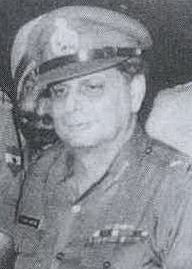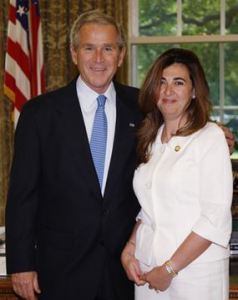Jacob Farj Rafael Jacob (1923-2016) was born in Calcutta, India to a wealthy, religious Iraqi-Jewish family. Growing up, he had private Hebrew tutors before being sent to study at a prestigious boarding school. In 1941, Jacob heard reports of what was happening to Europe’s Jews, and decided to enlist in the Indian Army (then still under British command) to help the war effort. After graduating from officer’s training he was posted in Iraq to fend off an impending Nazi invasion. When the invasion was averted, Jacob’s unit was posted in North Africa, then transferred to Burma to fight the Japanese. Following the war, Jacob continued his military career and traveled to England to train at an advanced artillery school. In 1947, India achieved its independence, and Jacob returned to serve in its new army. By 1963, he had the rank of Brigadier, and two years later commanded the 12 Infantry Division in the Indo-Pakistani War of 1965. Using his experiences in this war, Jacob produced a training manual on desert warfare for the Indian Army. By the end of the 1960’s, Jacob was a Major General and Chief of Staff. In 1971, the Pakistani army suppressed a Bengali rebellion in its eastern territories, massacring as many as three million people. Jacob devised a military plan to put an end to the conflict, and commanded the invasion that defeated the Pakistanis. He personally flew to Dhaka to meet the Pakistani general Niazi, and bluffed him into surrendering his 93,000 troops, thus saving a bloody battle that would have likely taken countless lives. Jacob became a huge war hero and a household name across India and the newly-formed independent state of Bangladesh. He continued to serve in the Indian Army until 1978, and retired following 37 years of service. Jacob joined a political party and ultimately became governor of Goa and then Punjab. As governor, he focused on taking care of the poor, and saving the beloved forests from mining companies. His work also helped to formalize and improve relations between India and Israel, and paved the way for Indian-Israeli military cooperation. He visited Israel on several occasions, and even contributed family heirlooms to multiple Israeli museums. Sadly, Jacob passed away last week. His funeral at New Delhi’s Jewish cemetery was attended by top military and political figures. Jacob devoted his entire life to India, and died a single man, having never married or built a family. Click here to read more about his incredible life.
Words of the Week
The only place I encountered anti-Semitism was from the British in their army. Among Indians it does not exist.
– Lt. Gen. J.F.R. Jacob



